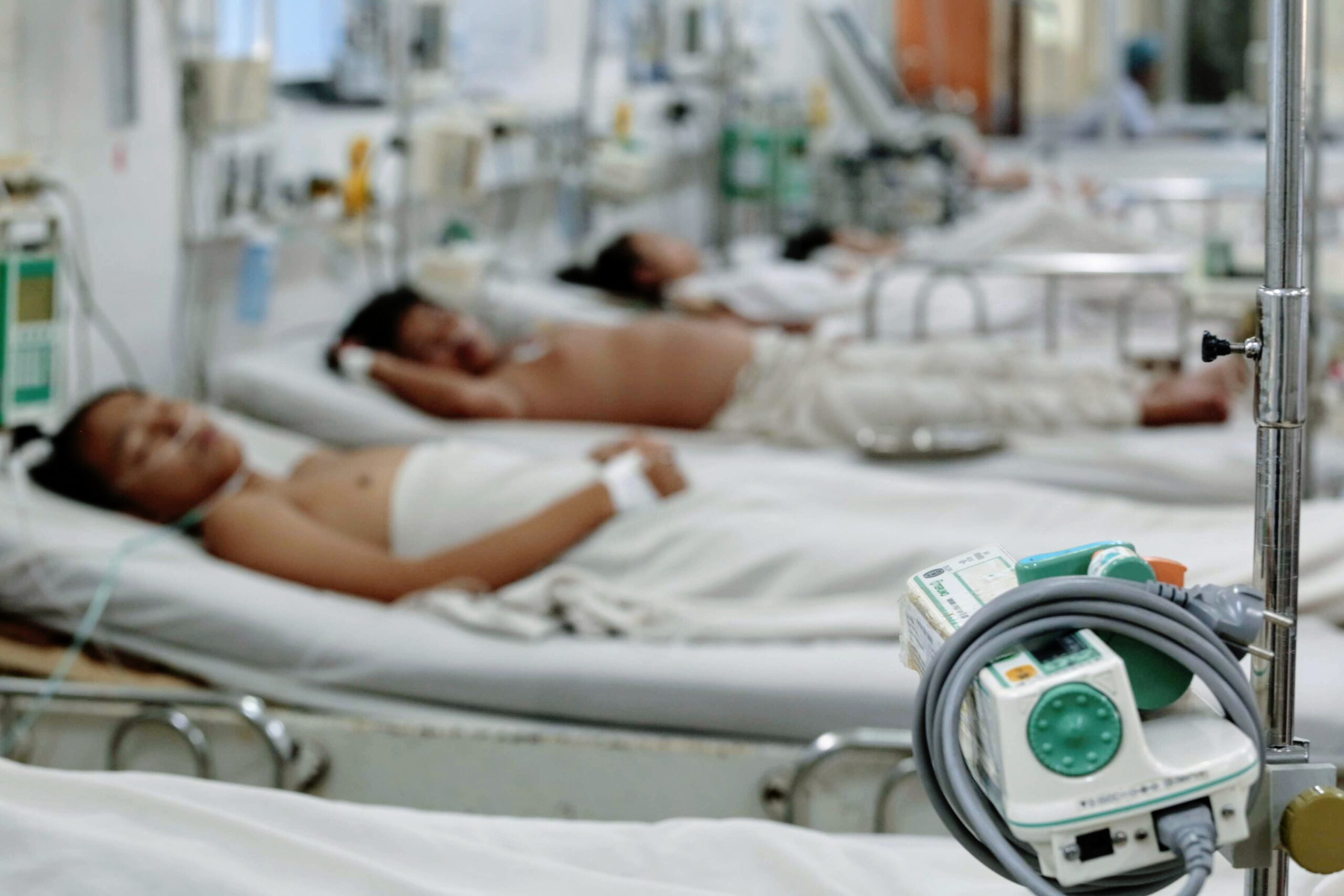With more than 14 million dengue cases reported worldwide in 2024 alone, the mosquito-borne viral infection remains a major global health concern. Dengue often causes flu-like symptoms such as high fever, severe headache, pain behind the eyes, muscle and joint pain, nausea, and rash. Although the overall death rate is low, patients with severe dengue are at a much higher risk of dying.
Even with growing research interest, dengue clinical trials have used many different outcomes and measurement methods. This lack of consistency makes it hard to compare and combine data across studies – something that’s essential for improving guidelines and therefore patient care and outcomes. To address this issue, the researchers developed a Core Outcome Set (COS) and subsequently a Core Outcome Measurement Set (COMS) that can be used in dengue clinical trials worldwide.
A COS is an agreed-upon, standardised selection of outcomes that should be measured and reported in all clinical trials for a specific condition. A COMS recommends how these outcomes should be measured.
The COMS was developed in two phases:
Phase 1 – Development of the DEN-CORE COS
- Outcome identification: Researchers reviewed existing studies to find all outcomes reported in dengue infection research.
- Outcome voting and rating: Through an online Delphi process, participants rated which outcomes were most important for hospitalised patients. These participants were various stakeholders, including healthcare workers, and people with lived experience of dengue.
Phase 2 – Development of the DEN-CORE COMS
- Instrument identification: Measurement tools identified in the literature were mapped to the key outcomes from Phase 1, with additional suggestions from experts.
- Instrument review and voting: A separate group of experts reviewed these tools, discussed them in a consensus workshop, and voted on which should be recommended.
The DEN-CORE COMS defines which outcomes should be measured in all dengue trials but gives researchers flexibility in how they apply them. Which outcomes are used as main (primary) or secondary goals will depend on the type of treatment being tested, the phase of the trial, and its overall objectives.
Daniel Munblit, Co-Lead of the DEN-CORE Project, Reader in Paediatrics at King’s College London and ISARIC Member Representative for Sechenov University, said “With dengue spreading rapidly across continents, we urgently need new treatments. This global standard provides the clarity regulators and researchers require to evaluate therapies faster and make them more widely accessible.”
Sophie Yacoub, Co-Lead of the DEN-CORE Project, Associate professor, University of Oxford said that “Bringing together a global consensus on clinically relevant outcomes to be measured in all future dengue clinical trials, is a major step forward for the dengue therapeutics field.”
Laura Merson, Head of Data, ISARIC, said “Harmonising outcomes across dengue trials strengthens both the quality of each study and the scientific value of the data generated. Initiatives like this support the World Health Organization’s efforts to advance clinical trials globally, ensuring robust evidence for health interventions.”
The authors note that while participants came from 36 countries, most were from Latin America and Southeast Asia, with fewer from Africa and parts of the Western Pacific. This may affect how well the results apply to all regions.



